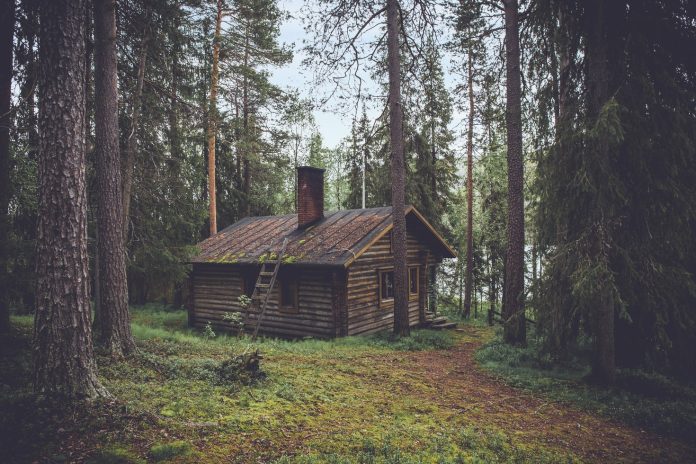What does Off-The-Grid living mean?
Off grid living means you live disconnected from the public electric grid, producing your own electricity through solar power and wind energy system. Living off-the-grid simply means you live your life disconnected from the electrical power grid and in some cases all public utilities. There is no real prerequisite for living off the grid except that you not be connected to the public power grid.
Living Off The Grid Doesn’t Always Mean You Have To Live Primitively Like a Mountain Man
Yes, you can still have internet and a cell phone and still be technically “off grid“. (the electrical grid). Some folks might argue that internet or cell phones are public utilities, but they’re not, they’re privately owned companies that offer those services. Should internet and cell phones be considered public utilities?
This is a gray area with regard to living off the grid. Purists would have you believe you must live without technology and be disconnected from all public utilities to consider yourself “living off the grid”.
The point of this article is to define what it means to live off the grid and to make a clear distinction between people’s personal opinions and preferences from the facts.
Personal Preference and Personal meaning of “Off Grid Living”
The personal meaning of “off-grid” is much more subjective and interpretive and depends on what side of the off grid debate you are on. Mostly it’s a matter of personal opinion.
It’s subjective, to the individual and their lifestyle choices, what it means to them, personally, to live off the grid. Some folks conflate their personal meaning of what off grid living means to them with the actual definition of what off grid means in the dictionary and in the encyclopedia. Namely Wikipedia’s description.
Wikipedia Description of “Off The Grid”
“Off-the-grid or off-grid is a characteristic of buildings and a lifestyle [1] designed in an independent manner without reliance on one or more public utilities. The term “off-the-grid” traditionally refers to not being connected to the electrical grid, but can also include other utilities like water, gas, and sewer systems, and can scale from residential homes to small communities. Off-the-grid living allows for buildings and people to be self-sufficient, which is advantageous in isolated locations where normal utilities cannot reach and is attractive to those who want to reduce environmental impact and cost of living. Generally, an off-grid building must be able to supply energy and potable water for itself, as well as manage food, waste and wastewater.”
This is the actual Webster Dictionary’s definition of what it means to live off the grid.
off-grid
adjective
\ ˈȯf-ˈgrid \
variants: or off-the-grid \ ˈȯf-ṯẖə-ˈgrid \
Definition of off-grid
: not connected to or served by publicly or privately managed utilities (such as electricity, gas, or water)SOURCE: Webster’s Online Dictionary entry for “Off Grid“
Off grid living simply means living life disconnected from the power grid and/or public utilities.
The rest is all personal preference.
***

